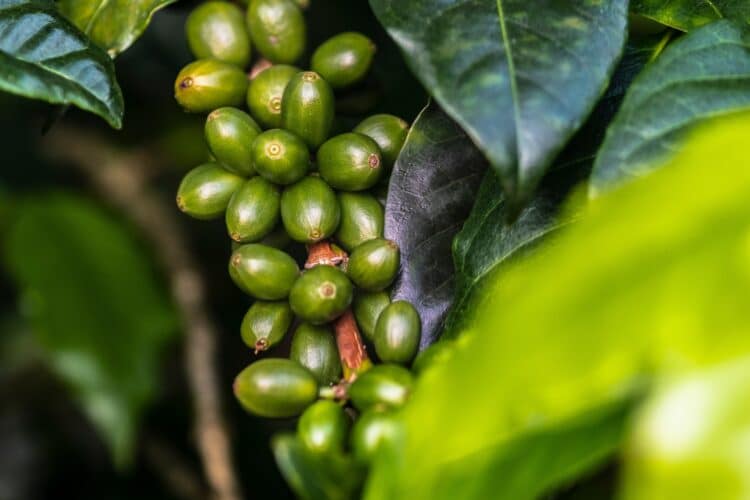Scientists working in the Brazilian coffee producing region of Minas Gerais may have uncovered a new way to increase the quality of immature beans to the level of specialty coffee.
Researchers from the Federal University of Uberlândia (UFU) in Patos de Minas conducted a series of fermentations with both ripe and unripe Arara cultivar cherries.
The experiment involved placing freshly harvested coffee cherries into 200-litre polystyrene barrels, which were then hermetically sealed for between 24 and 96 hours. Controlled variables like fermentation duration, temperature, and pH were also introduced, which allowed the researchers to optimise conditions.
Using self-induced anaerobic fermentation (SIAF), the study highlights the importance of maintaining strict control over variables including temperature and pH in improving the quality and taste profile of immature beans.
A total of 32 treatments were tested under this range of conditions, with an electronic device developed to measure pH and temperature to remove the need to unseal the barrels.
The research team discovered keeping external temperature consistent at 27 degrees Celsius improved the sensory scores of the immature coffee.
When undergoing SIAF, the microorganisms that are naturally present in coffee cherries undergo a series of reactions that result in a distinctive coffee flavour. No oxygen enters the sealed barrels, while the carbon dioxide produced is released through a valve.
Qualified Q Graders then tested the coffee and gave beverages containing a percentage of the unripe beans scores above 80 – defining it as specialty.
Seventy per cent of the fruits used in the experiments, which were harvested at Fazenda Chuá in Patos de Minas, were immature. Broken and small beans were discarded during preparation, and SCA criteria was strictly adhered to other than the use of green beans in the beverages tested by the Q Graders.
Full results of the study can be accessed here.





